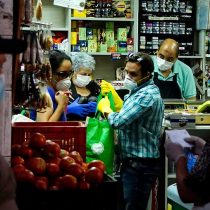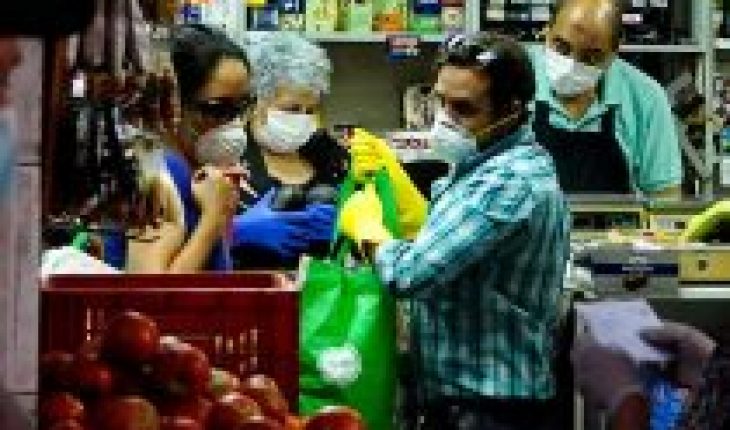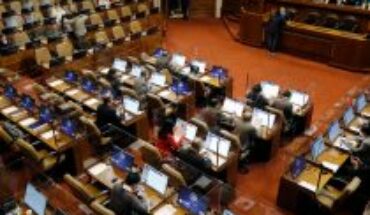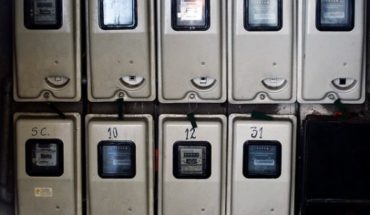
Inequality in our country is a challenge that has focused the discussion of all sectors. There are several explanations offered in the face of the social outburst and how our country should bet on facing the years to come, but I want to dwell on the importance of direct transfers. Chile has privileged indirect transfer programmes, focusing on public benefit systems that ensure certain conditions for the population or social systems for the delivery of goods and services. Directly granting an amount of money to citizens has been established only for programs with very high focus.
Several studies have shown that before tax Chile has a Gini coefficient (which is widely used to measure inequality) of 0.50 similar to several OECD countries. The big difference comes later, as when transfers are added from the state these countries lower their Gini to around 0.35 but Chile only manages to decrease to 0.46.
I am convinced that we must increase direct transfers into people’s pockets if we are to reduce inequality in Chile and increase opportunities.
A first step was the Guaranteed Minimum Income that I processed during my exercise as Minister of Social Development. This effort seeks to supplement the incomes of workers with pay less than $300,000 liquids. This is a policy that must be perfected and endured.
A new proposal we have recently put forward is the “Tax Relief for Middle Class and Vulnerable Sectors”. VAT is the best collection system we have but it is also highly regressive. We believe that exemptions are discouraged as they are often allocated based on pressure groups that do not ensure overall well-being.
Our proposal considers a refund of that VAT, calculated on the basic food basket and the average drug expenses of Fonasa users, which could reach more than half of Chilean families and in which a household of 4 would receive a transfer of $133,000 quarterly.
This program could also encourage the use of the e-ticket, which would allow for further formalization and collection. This means gradually moving towards a system based on spending traceability (having online information on spending per ruth).
Our country must move forward on policies of this kind, which allow us to solve the high inequality and discontent and frustration that this generates, and which is not solved only through indirect redistribution systems.
The content poured into this opinion column is the sole responsibility of its author, and does not necessarily reflect the editorial line or position of El Mostrador.





